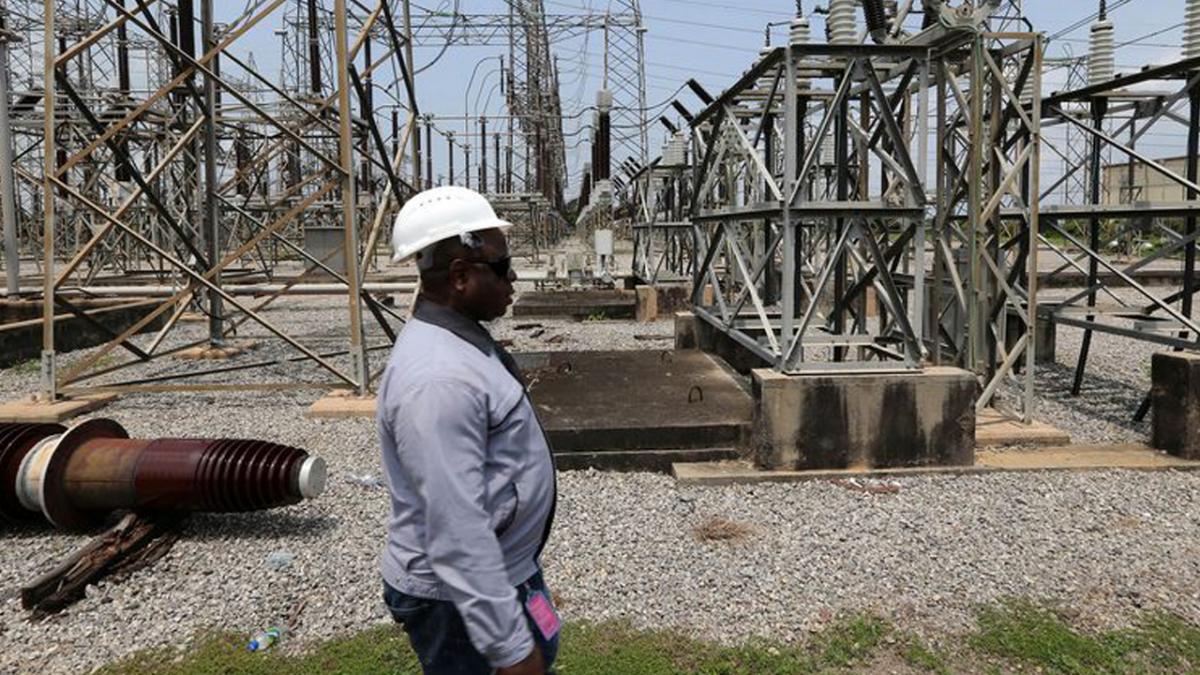There are no products in your shopping cart.
| 0 Items | £0.00 |


NIGERIA'S neighbours within the Economic Community of West African States (Ecowas) are planning to buy up the country's unutilised power that is generated but not distributed due to bottlenecks in the transmission network.
Reeling from the effects of a crisis in its power sector, Nigeria currently generates about 7,000MW of electricity but only about 4,000MW of this is distributed and transmitted. Following an ill-thought out privatisation process, local distribution companies known as Discos lack the financial wherewithal to invest in infrastructure, leaving many of them unable to serve as the link between the generators and the consumers.
With about 3,000MW lying idle, Niger Republic, Togo, Benin and Burkina Faso have decided to collaborate to buy this unutilised power produced in Nigeria. Sule Abdulaziz, the chairman of the executive board of the West African Power Pool (Wapp), who is also the acting managing director of the Transmission Company of Nigeria, said the four countries would buy the electricity through the Northcore Power Transmission Line currently being built.
Mr Abdulaziz said: “The power we will be selling is the power that is not needed in Nigeria. The electricity generators that are going to supply power to this transmission line are going to generate that power specifically for this project, so, it is unutilised power.”
He added that Nigeria was expecting new generators to participate in the energy export for the 875km 330KV Northcore transmission line from Nigeria through Niger, Togo, Benin to Burkina Faso. Mr Abdulaziz said the project, funded by the World Bank, the French Development Council and the African Development Bank, has already recorded some progress so far.
“In addition, there are some communities that are under the line route, about 611 of them, which will be getting power so that there won’t be just a transmission line passing without impact. Nigeria has the greatest advantage among these countries because the electricity is going to be exported from Nigerian generation companies.
“So, from that, the revenue is going to be enhanced and a lot of people will be employed in Nigeria,” Mr Abdulaziz added.
Siengui Appolinaire-Ki, the Wapp general secretary, said the cost of the project was about $570m, adding that part of the investment in each country would be funded by that particular nation. He said countries in the partnership, including Nigeria, were also being supported by donors.
Furthermore, he said the funding agreement was ready as partner countries were awaiting the disbursements. Mr Appolinaire-Ki, however, said the donor agencies had said they needed a power purchase agreement between the buying and the selling countries to be executed before releasing the funds.